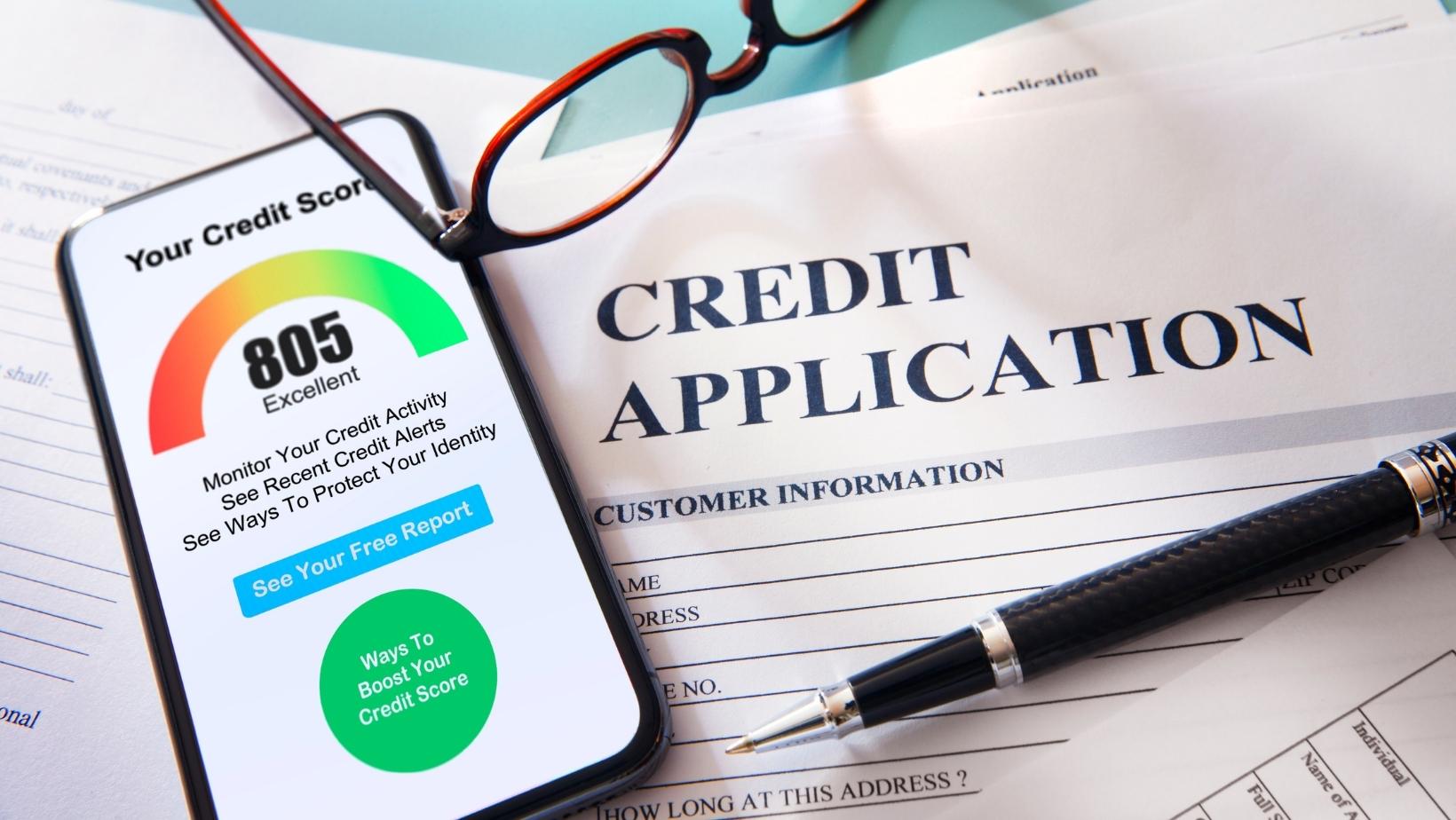A credit score is a 3-digit number that lets a lender know the odds that the client will repay back the money they lend. This 3-digit score can range from 300 (low score) to 850 (high score).
In Canada, excellent credit scores are 760 and over, and having a score under 600 represents a higher risk score or someone new to credit. An excellent credit score shows a lender you are a great candidate for meeting your payment deadlines.
Most people don’t realize that their credit score is one of the most significant factors in obtaining a mortgage, and it will impact the interest rate you acquire for your mortgage.
What factors determine my credit score?
Your credit score is determined by several factors, such as credit repayment history, your available credit amount, and how long you have had the credit or debt.
Another factor is how you use your credit. You will want to keep your credit card maximums low and the payments to be frequent. It is also influenced by how much credit you have available, not only on credit cards but the remaining balance left on car loans and lines of credit.
Payment history makes up 35% of your score, credit utilization takes up 30%, age of credit is 15%, while both inquiries and public records make up 10% each.
Checking your credit score accounts for 10% of your overall score, don’t let this percentage scare you. This percentage is standard, but ensures you aren’t applying for many types of loans at once and exhausts your credit score.
How can I improve my credit score?
If you are unsure how your credit score stacks up, it is never too early to check in with a mortgage professional. In most cases, home buyers may need to pay down their credit limits, address items in collections (these can sneak up on you) or make other changes to bump up their score.
Changing your credit score could take a few cycles or months to resolve. Some bad credit issues, such as collections, depending on the time that’s passed and the amount owing, could take several years to correct.
Tips: My advice is to seldom or never miss payments. Pay off your credit card monthly or keep the balances low. Pay off bad or lingering debt as soon as you find out about it. Diversify your debt between credit cards, car loans, lines of credit, mortgages and personal (student) loans. If applicable, don’t close your old credit accounts because you will be losing the credit you have built up. Avoid opening too many new accounts at once.
Credit score: To ‘Sum’ it Up
Your credit score is not a personal attack on your character. Things happen in life that we can’t control, whether needing a new roof or job loss that puts us in debt. Sometimes it’s impossible to pay back credit quickly, but you can do it bit by bit over time! The good news is you can change your credit score over time. If you have bad credit now, you are not doomed never to get your first home or a larger place. It will just take time to cycle through your credit and gain a better score.
Check out the Tips section above for ways to help improve your credit score! If you are new to credit, the most important thing is to learn how to build good credit starting out.
Good luck building your credit and gaining financial independence!
Check out some more great advice about credit scores here.
If you have gone through the credit score process and solidified your mortgage amount, contact your local REALTOR® for home listings in your area.

 Facebook
Facebook
 X
X
 Pinterest
Pinterest
 Copy Link
Copy Link

